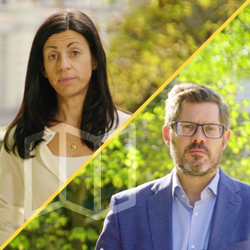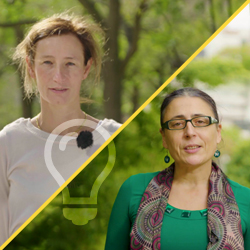A new strategy for a new decade
Human rights should never be taken for granted. We must continuously work to defend and preserve them. In recent years, we have observed the fragility of the rule of law and other fundamental values in our democratic institutions that Europeans share with many other places in the world.
Bolstered by the Lisbon Treaty, which puts the EU Charter of Fundamental Rights on an equal footing with the Treaties, data protection has, in the last decade, become, a bulwark for most, if not for all democratic rights and freedoms. This is particularly important for those in a position of vulnerability, such as children and the elderly, patients or mentally ill person, asylum seekers or even employees under some circumstances of power imbalance.
Technological advances, occurring thanks to human ingenuity and ability to derive insights from experience, are, nowadays, particularly driven by personal data. The companies that have exploited these technologies have become the most valuable in the world, dominating not only their respective markets but also global information flows. Consumer choice is now very restricted and popular services have often not been designed in compliance with the EU legal framework in mind. Governments are also keen to exploit the technologies that promise innovation, efficiency and that are cost effective. At the same time, technologies designed to increase convenience and prosperity - from behavioural targeting to facial recognition - now enable authoritarian states to strengthen and export their self-serving model of surveillance, repression and censorship.




